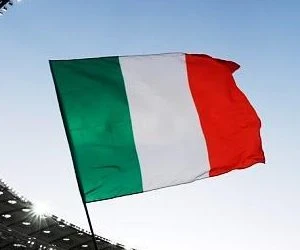Italy to increase VLT and AWP taxes

The Italian government has announced an increase in the taxes on video lottery terminals (VLTs) and Amusement with Prizes (AWP) machines.
The tax rate on VLTs will rise from 7.9% of turnover to 9%, while for AWPs, the rate will rise from 21.6% to 23%.
There are currently 11 operators that are licensed to offer one or both of the affected categories, who will now face a higher tax contribution. This is the latest tax rise announced for the machines this year, which in 2018 were taxed on 5.50% of turnover (VLTs) and 17.50% for AWPs.
According to Giulio Coraggio of GamingTechLaw, the move was made in order to bring the country’s budget in line with European requirements.
“Unfortunately, the Italian Government is looking for money to make the budget of the country in line with the parameters required by the European Commission, and it’s unlikely that they will consider the long term negative effects of such a tax increase,” Coraggio said.
Coraggio said that 150,000 workplaces could be at risk from the effects of the tax increase.
The country sent its new draft budget to the European Commission for approval, with the tax hikes accompanied by new measures to aid investigation into potential criminal involvement in licensed gambling businesses, while efforts to prevent tax evasion will be stepped up.
This will see operators required to sign up to an official anti-money laundering register. That decision follows Operation Galassia, the country's largest anti-money-laundering probe, in which former board members of SKS365, Italy's second-largest online sports betting operator, were named as suspects.
Italian media had also previously reported that the budget may include a gambling winnings tax, but such a provision was not included.
The current proposals, however, may be liable to further change.
In its response to the budget, the European Commission said the draft would lead to a decline in the country's governmental structural balance of 0.1% rather than the recommended increase of 0.6%. In addiiton, the budget features a 1.9% growth in spending, well above the recommended 0.1%.
As a result of these discrepenacies, the country may have to reduce spending and increase taxes further in order to meet the EU's benchmarks.
